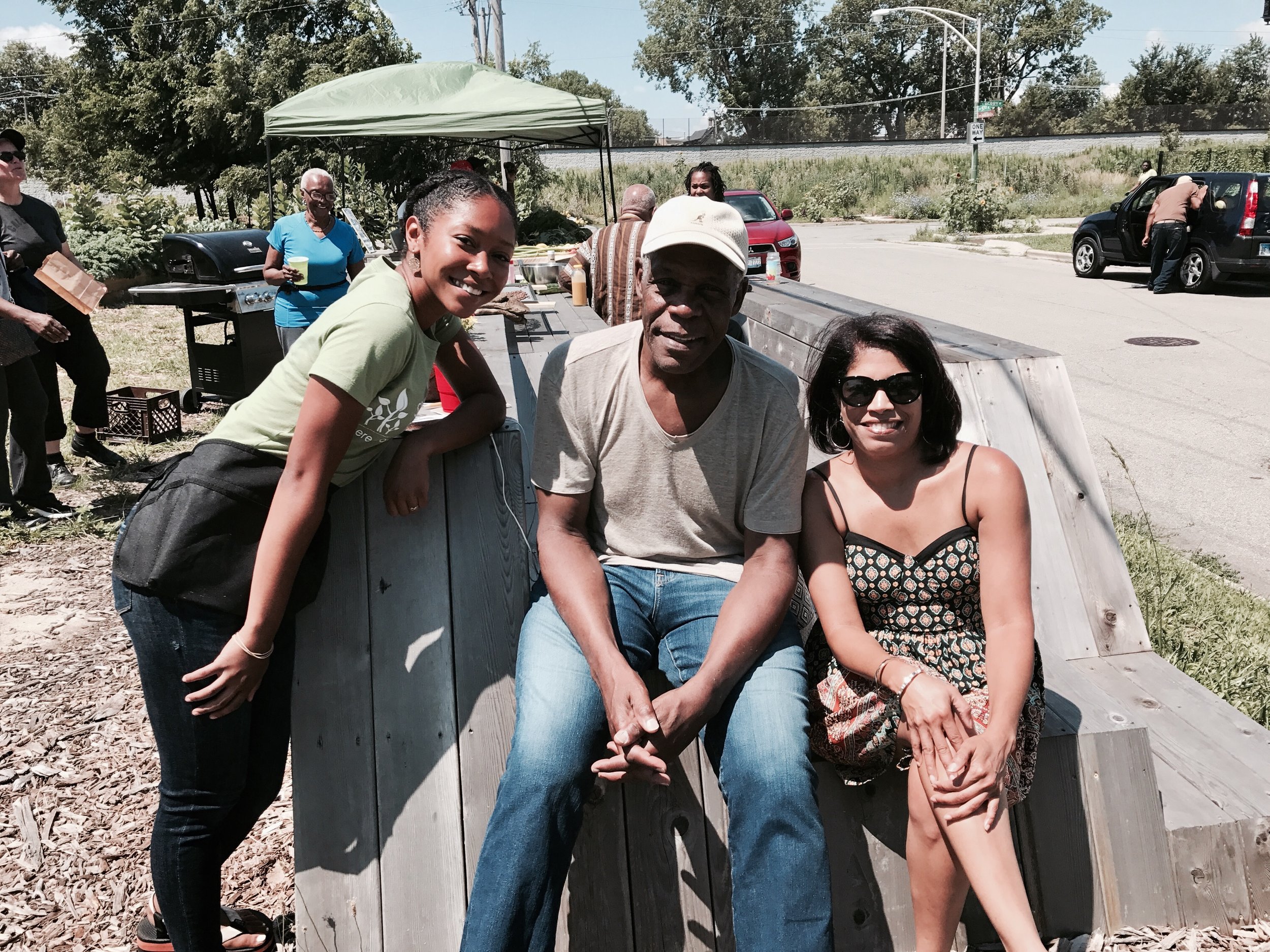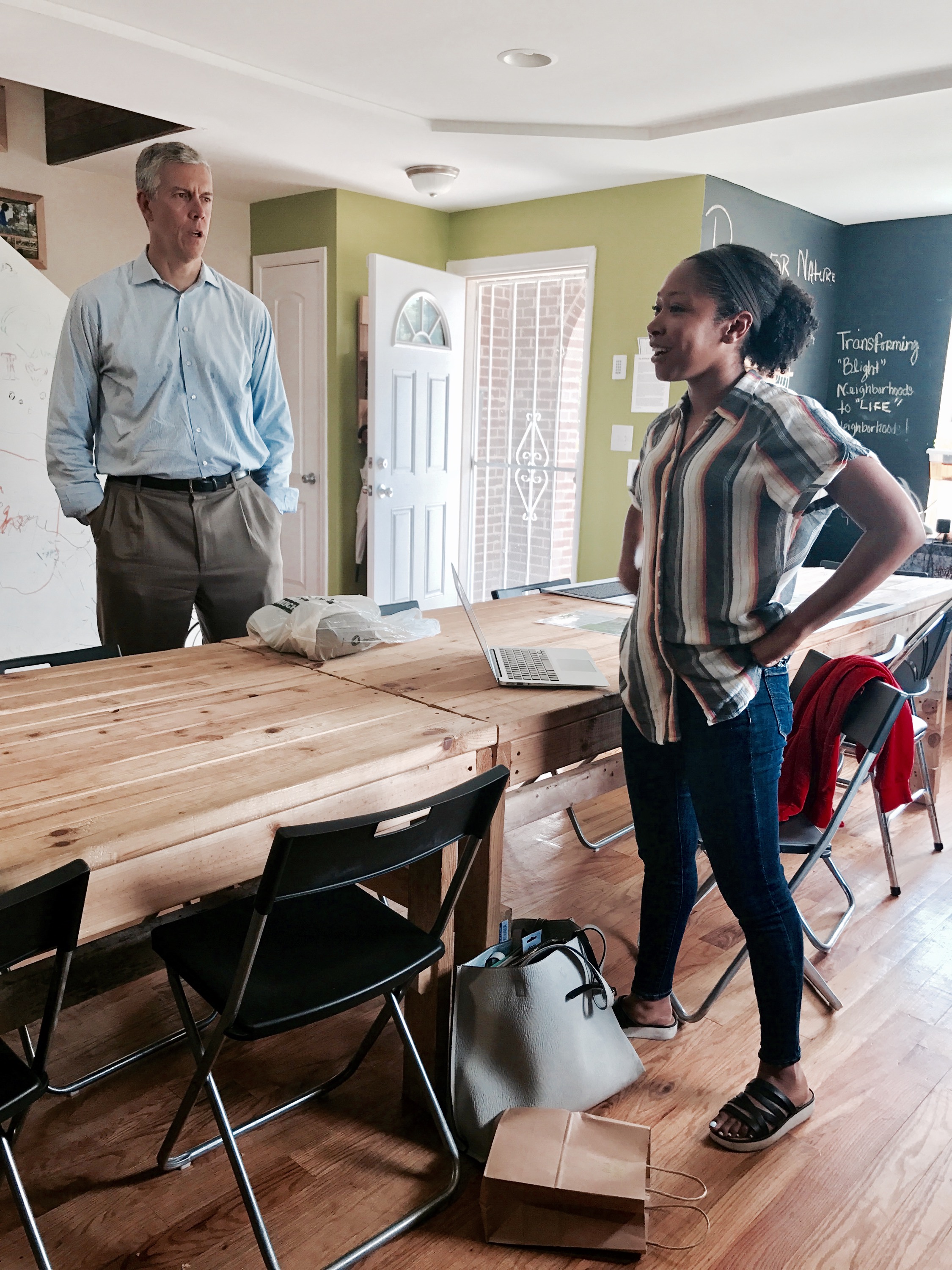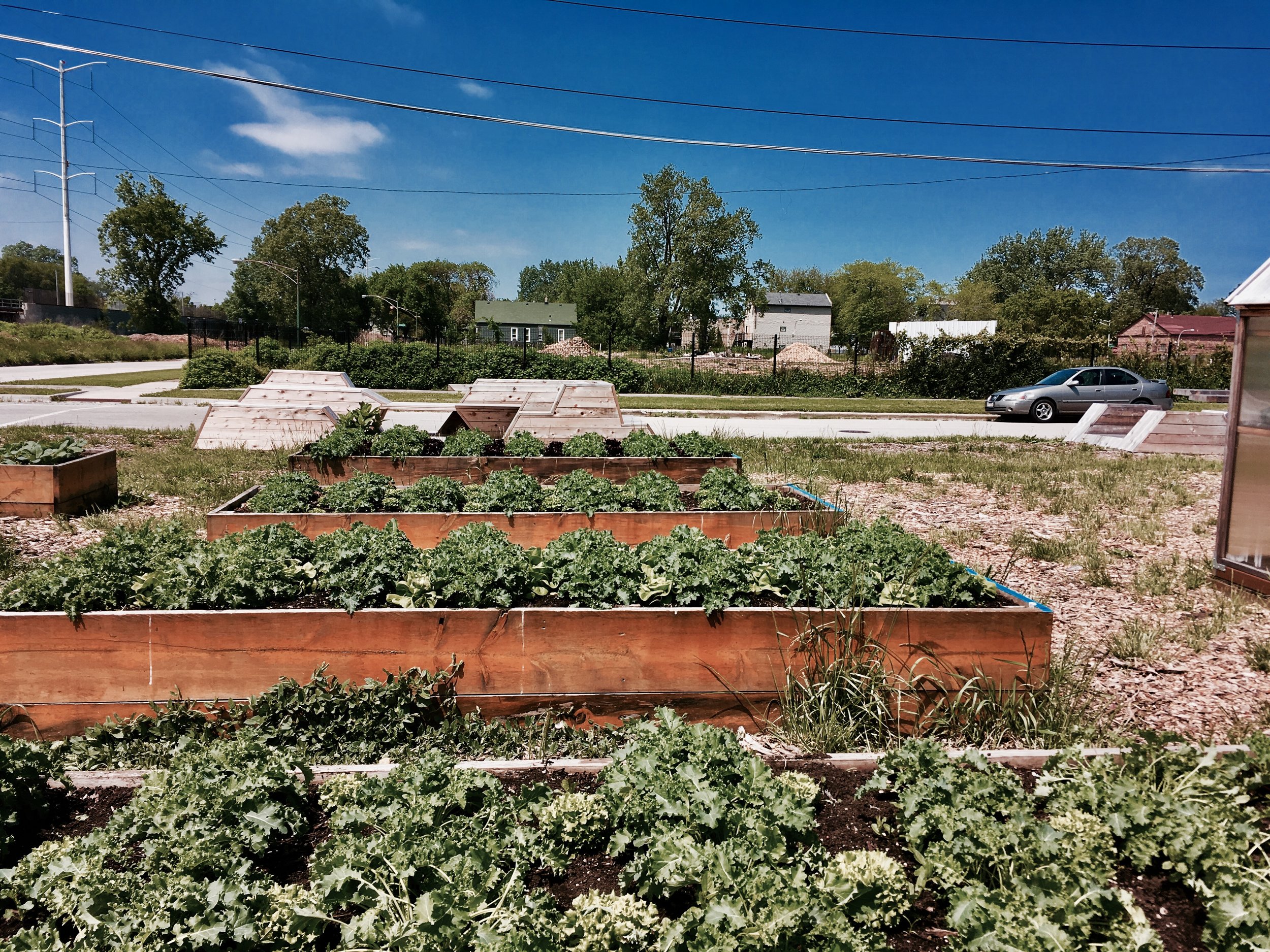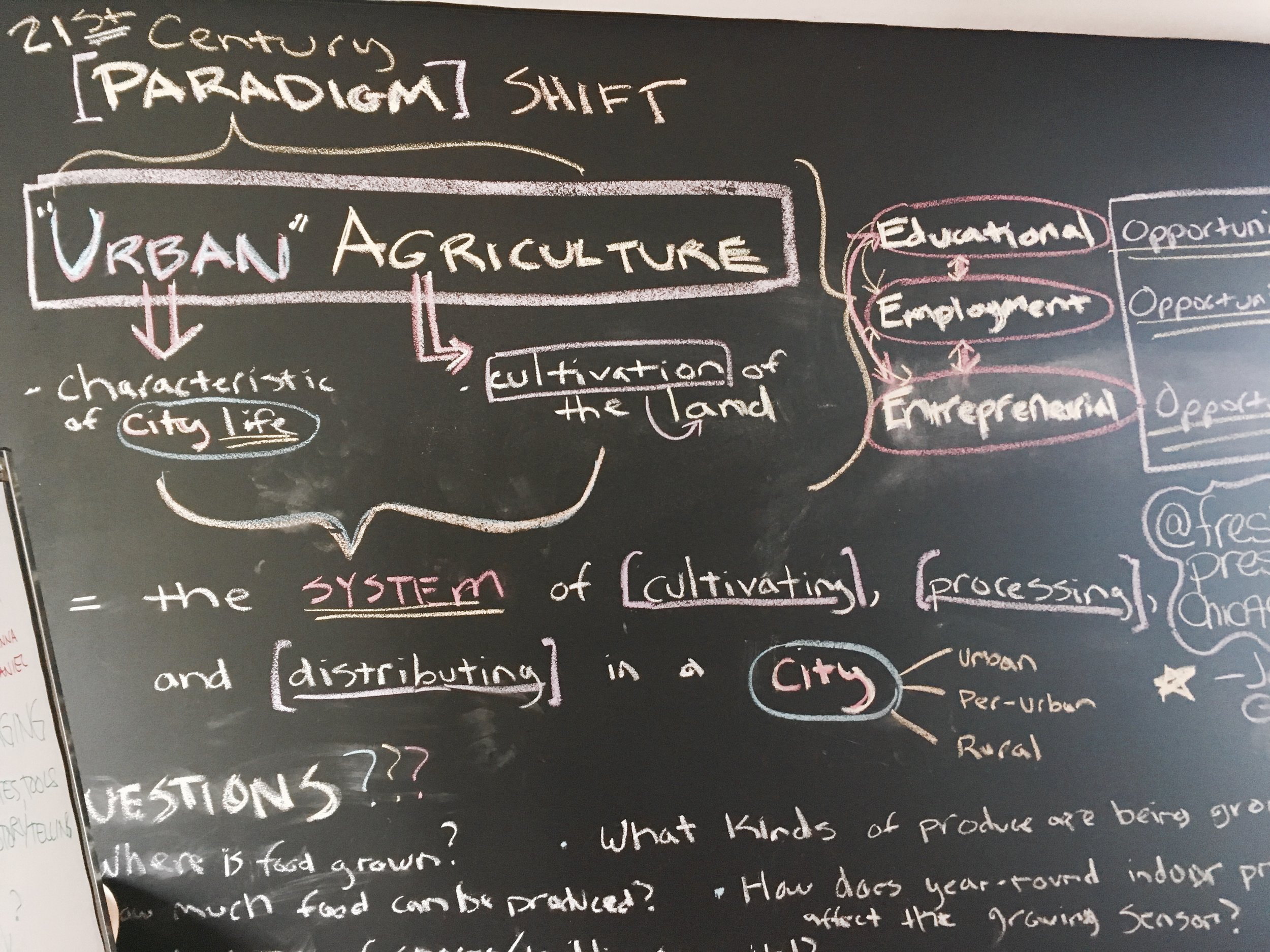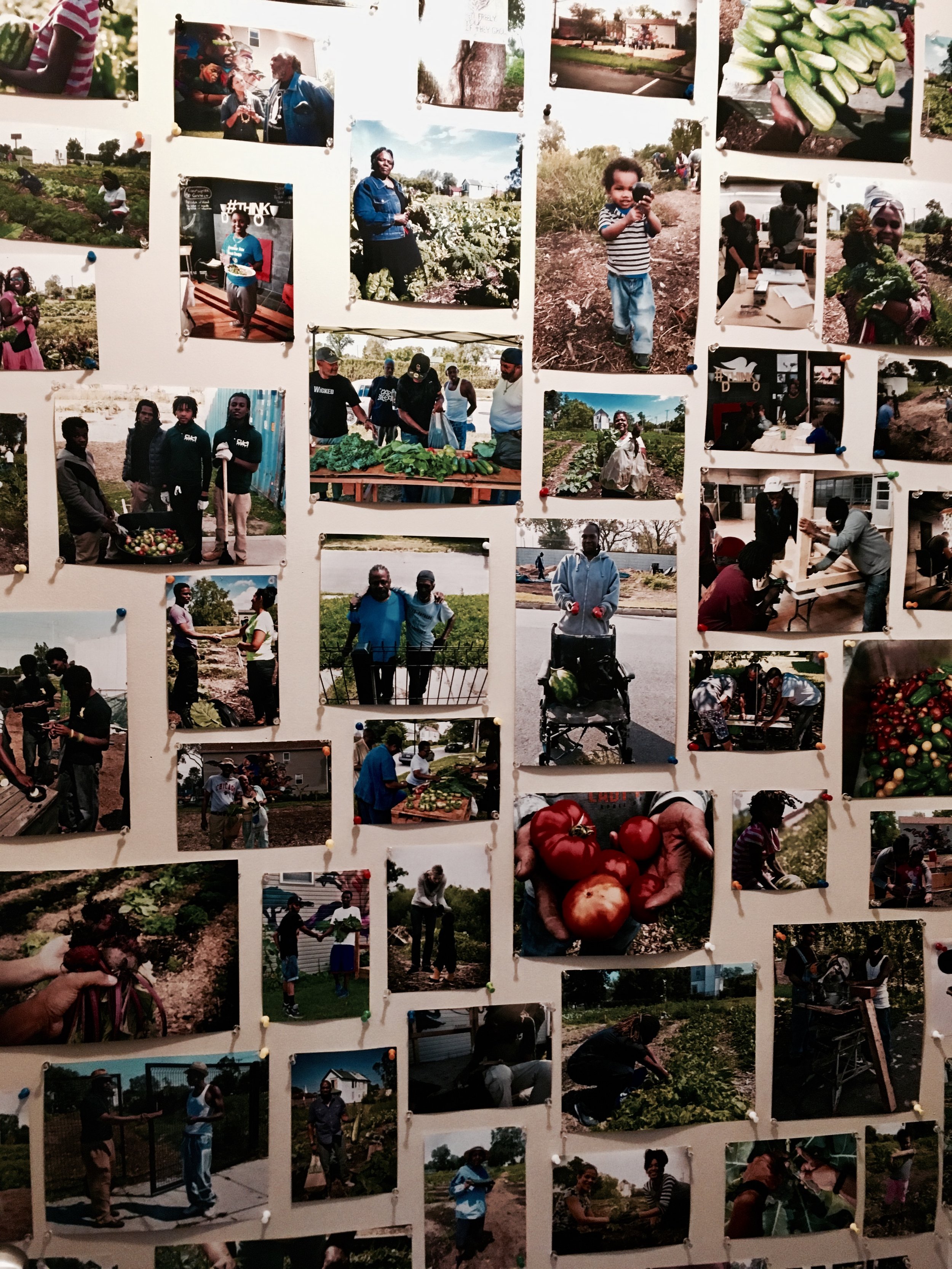*Note, writing this on a whim, partially sleep-deprived and in a rush. So excuse the quality.
Writing because I'm way too excited about this week; I'm attending the Community Food Systems conference through Tufts University. (I have Community Food Systems minor, how fitting!) Also quick reference to the "1/7th of a Clue". On a trip today, someone referenced the phrase, "I have zero clue." And then she corrected herself, on a whim, sharing that in reality she had probably like half a clue. So. But the 1/7th clue is random estimate of how much of a clue I've got the food/ag/community food systems/food justice thing figured out. There's more to learn. Which is why I'm at the conference!
So yesterday Day 1, I attended one of the field-trip sessions to the CommonWealth Kitchen, a non-profit culinary incubator, and Groundwork Somerville, a non-profit incorporating food and farms, youth development, sustainable environment and racial justice into their work. These descriptions don't do the organizations justice, so visit their websites.
In this post, I just want to share a few things I took away from the trip. Keep it short and sweet. There are lessons for anyone
1.) Non-profits have to start thinking like businesses.
It really pains me to say this, because the mindset of some of the greediest people alive got us in this climate mess. (Of thinking solely about profit.) And luckily, most non-profits don't care solely about profit maximization. They in fact our people with heats who care about people and the planet. Despite this, I do non-profits have to get way more innovative with the funding and sustainability of their organizations. We live within a capitalistic model that requires capital. If we can transform the way non-profits think, it would allow them to be incredibly more powerful and effective in the work that they do. (Look at how many organizations fail because they cannot raise enough money to sustain the movement.)
2.) Systems change; we cannot be afraid to do it all.
This reminds of a rule in book Rules for Revolutionaries I recently read, sharing how no movement can be a single issue movement. Many of the causes we fight for are interrelated and interconnected.
But during the visit to the CommonWealth Kitchen, the executive director shared a story about how many of their potential funders told them they couldn't support the organization because they were doing to much. The were working with business food incubators. They wanted to get into manufacturing. The were doing food and business education. Has someone ever told you you were doing too much?!?! DO TOO MUCH. (As long as it doesn't overwhelm you and make you ineffective at your work.)
3.) If you want to really help people, give them a job.
Simply put, many issues stem from people, families, etc. not having the financial resources. The disposable income to purchase healthy food, to access health care services, etc. The power of giving someone work, at a wage they can live off of ($15 an hour, as Bernie would say), that's really doing something. Instead providing frill services that don't really give someone economic independence, give them a job.
4.) Race must be, if not at the center, a component of your food justice work.
I'll leave it at that.
Food truck outside CommonWealth Kitchen.
Unique workspace in CommonWealth Kitchen. Facility was previously a hotdog packaging facility, these were refrigerators.











